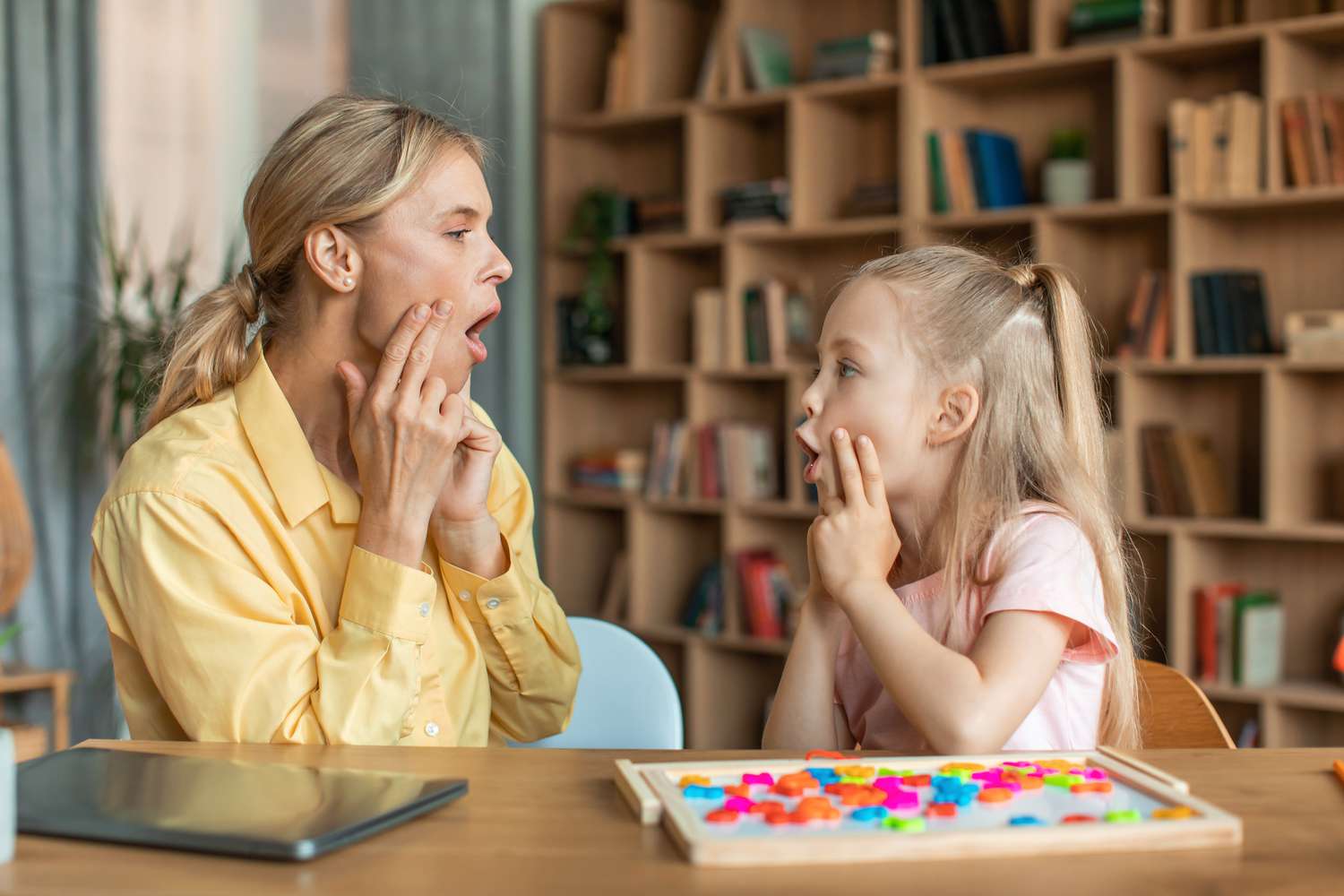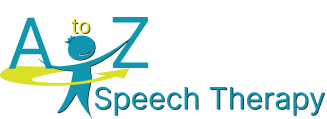Pediatric Speech Therapy

Speech therapy focus’ on the assessment and treatment of a broad range of speech, language, voice, swallowing, and cognitive-communication impairments. They focus on all forms of communication and are trained to treat specific areas such as articulation, language, reading, writing, motor speech disorders, social skills and can provide alternate modes of communication for non-speaking children such as AAC. The assessment can help identify areas of need which can allow us to provide strategies and recommendations for therapy.
We also offer services with a communication disorder assistant who work under the direction of a speech-language pathologist implementing therapy goals established by the speech pathologist during the assessment. They are trained to treat a range of areas such as articulation and language.
Areas of Focus for Speech Therapy

Articulation Difficulties
Articulation refers to the process of making speech sounds and making speech clear and easy to understand. Speech therapy can help your child make speech clearer and become more confident. Phonological processing disorders and apraxia/motor speech disorder is another area of focus targeted to improve speech clarity.

Receptive and Expressive Language Difficulties
Receptive language refers to one’s ability to understand what is being said, following instructions and answering questions. Expressive language refers to one’s ability to express oneself in sentences, use a variety of vocabulary, answer questions, make requests, share information, comment on and protest in order to have one’s needs met. Speech therapy can help your child learn to communicate more effectively and ensure all language milestones are being met.

Social Communication Skills
This refers to one’s ability to successfully have a conversation with others, make friends and to understand innate social rules. We offer one-to-one direct therapy and run social skills groups twice a year with same-aged peers to practice these skills in a supportive environment, often with other neurodiverse children.

Augmentative and Alternative Communication (AAC)
AAC refers to the use of an alternative method for communication such as sign language or the use of pictures or a communication device. Speech therapy can help one use AAC more efficiently. Speech pathologists can make referrals for devices and help to determine the best AAC system for your child.

Reading and Writing Difficulties
This refers to not only one’s ability to read and decode but also understand what is being read. It can also refer to early literacy skills (phonological awareness) such as rhyming and blending sounds together as well as letter and sound recognition. Writing refers to one’s ability to not only spell words, write sentences but also to learn and organize their language into written form. Occupational therapists can also provide support for letter formation.
